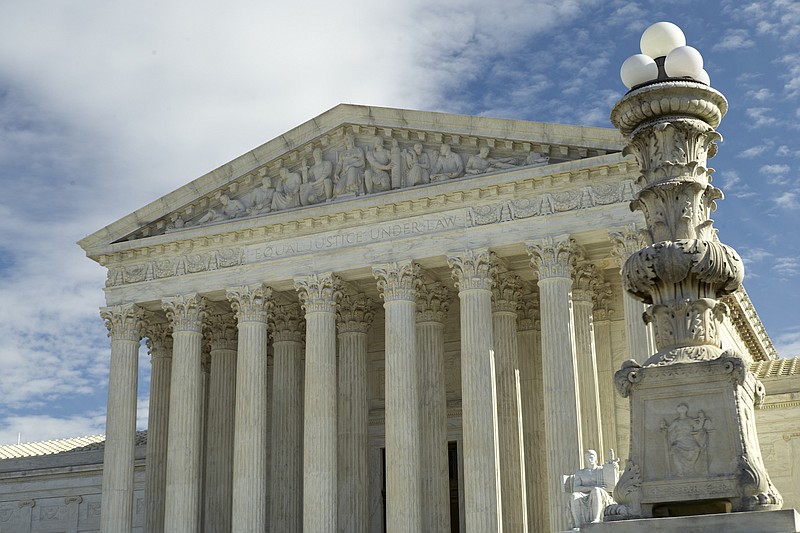For the nearly five decades since the U.S. Supreme Court decided that a woman has a constitutional right to an abortion, that right has been under attack by state legislators. But the high court has stood by its landmark decision in Roe v. Wade over and over again in the rulings that followed.
Now the justices have taken a case that could result in that bedrock precedent - a pillar of a woman's ability to control her body and her life - being overturned. On Monday, the high court agreed to weigh in on a Mississippi state law that bans abortions at 15 weeks of pregnancy. A federal district court and the 5th Circuit Court of Appeals both found the law unconstitutional because Roe guarantees a right to an abortion up to the point when a fetus would be viable outside the woman's body, which is around 24 weeks of gestation.
States have passed hundreds of unnecessary restrictions on abortion, including mandatory waiting periods, compulsory sonogram viewings and requirements that abortion clinics be outfitted like surgical centers. But states have never been able to get away with an outright ban on abortion before viability. When they do pass laws banning abortion at six weeks or 12 weeks, for example, the laws, when they are challenged, always get blocked by federal district and appeals courts, as happened with Mississippi's 15-week cutoff. The Supreme Court has consistently refused to hear any of those cases.
Until now. After months of scheduling and then rescheduling the discussion on whether to hear the state of Mississippi's appeal of the 5th Circuit's decision in Dobbs v. Jackson Women's Health Organization, the court finally decided to accept it. The court said it would consider only one of the three questions Mississippi broached, but it's enormously important: Does the Constitution bar all prohibitions on elective abortions prior to viability?
The case will probably be argued in the fall and decided some months later. In the meantime, Mississippi's abortion cutoff cannot be enforced.
There are basically two ways for the court to go: gut Roe v. Wade or reaffirm it. The Supreme Court should do the latter.
If the court lets states decide when a woman's rights take a back seat to those of her fetus, that will all but obliterate Roe v. Wade.
And that's what happened Monday. Nancy Northup of the Center for Reproductive Rights, which represents the sole abortion clinic in Mississippi, said, "The court cannot uphold this law without overturning the principal protection of Roe vs. Wade." Nearly a dozen states have bans on all or nearly all abortions waiting to go into effect if Roe v. Wade is overturned; others would certainly follow suit.
Lawyers for the state of Mississippi have argued that the viability threshold "constantly moves." In fact, since Roe v. Wade was decided, it has barely changed. Dr. Daniel Grossman, professor of obstetrics and gynecology at the University of California, San Francisco, says viability remains at about 24 weeks; survival without severe health problems is rare for fetuses delivered earlier than that.
When deciding this case, the Supreme Court could send a clear message to state legislatures, once and for all, that a woman has a constitutional right to an abortion before the fetus is viable. Any state law that shortens that time frame abridges that right and will always be unconstitutional. That is the opportunity presented by Dobbs v. Jackson Women's Health Organization, and the court should seize it.
The Los Angeles Times
